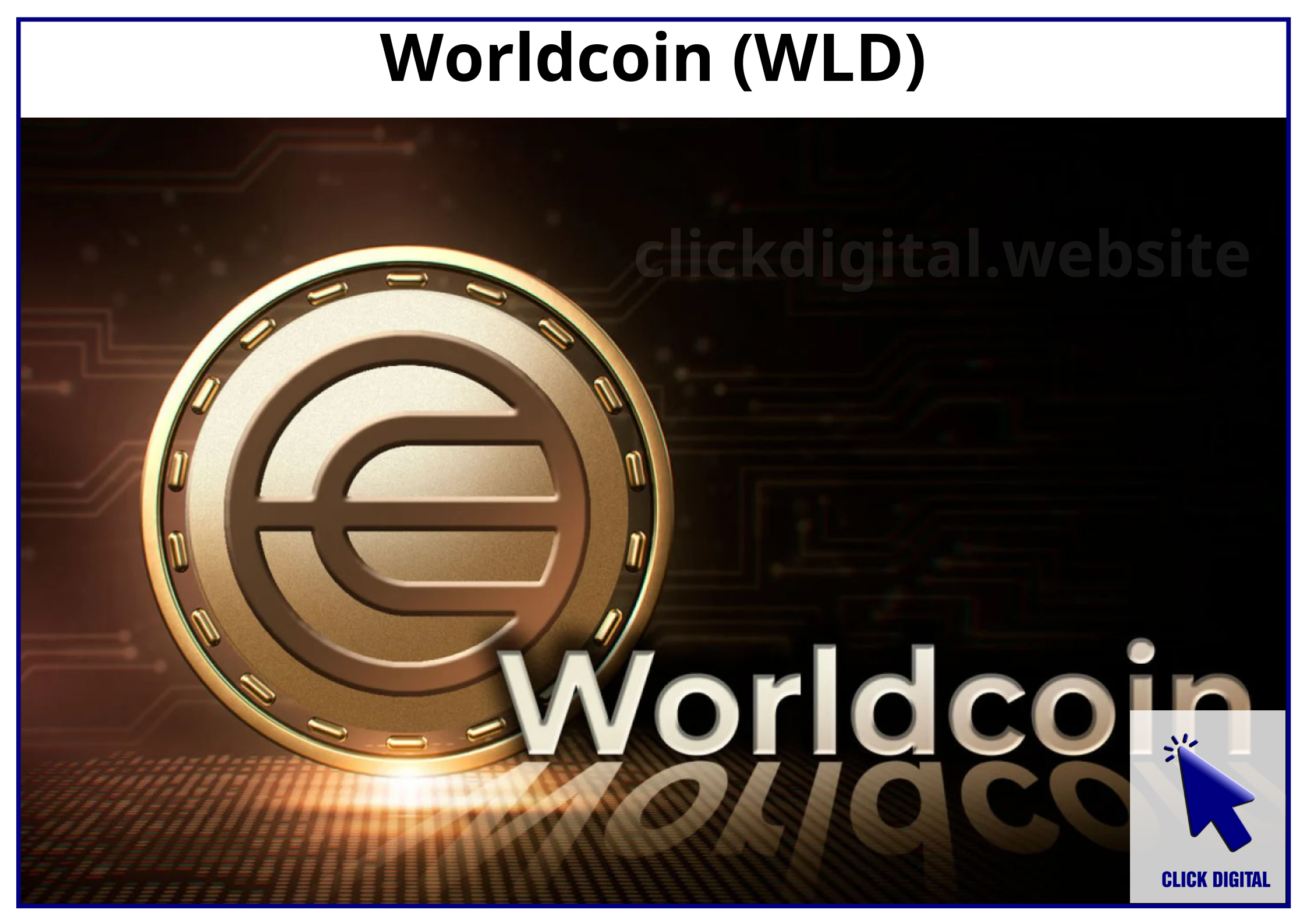Key Takeaways:
- World launches in Atlanta, Austin, Los Angeles, Miami, Nashville, and San Francisco.
- The project partners with Visa and Match Group to expand real-world use cases.
- Despite privacy concerns, World has verified 12 million users globally.
Table of Contents
World’s U.S. Expansion Marks a New Chapter for Digital Identity
OpenAI CEO Sam Altman’s digital identity project, World, has officially launched in the United States. The initiative, originally known as Worldcoin, aims to verify human identity using biometric scans, addressing rising concerns about bots and deepfakes in the AI era. Beginning in six major cities—Atlanta, Austin, Los Angeles, Miami, Nashville, and San Francisco—residents can now access World’s identity verification technology and earn its native token, Worldcoin (WLD).
The device central to World’s system is the Orb, a spherical scanner that captures a person’s face and iris in about 30 seconds. After the scan, users receive a unique IrisCode that proves they are human and have not previously registered. Verified participants are rewarded with WLD tokens and gain a World ID, which functions as a single sign-in option for platforms like Minecraft, Reddit, Telegram, Shopify, and Discord.
World’s co-founder Sam Altman emphasized that the project seeks to ensure that “humans stay special and central” in an internet increasingly populated by AI-generated content. His remarks, made during a keynote at the company’s San Francisco event on April 30, framed the technology as a safeguard in the evolving digital landscape.
Strategic Partnerships Boost Real-World Utility
As part of its U.S. launch, World revealed several new partnerships designed to integrate its World ID into daily life. Visa will introduce a World Visa card later in 2025, available exclusively to users who have completed an Orb scan. The card will support payments using WLD tokens and other cryptocurrencies, enabling seamless crypto spending for verified individuals.
In a significant move into online dating, Match Group—the parent company of apps like Tinder, Hinge, Match.com, and Plenty of Fish—plans to pilot World ID integration. The program will start in Japan, where users on Tinder can verify their age and authenticity, helping to reduce fraudulent profiles and improve trust within the apps.
Beyond these high-profile collaborations, World is extending its ecosystem through partnerships with Kalshi, a regulated prediction market platform, and Morpho, a decentralized lending protocol. These alliances aim to offer services like crypto-backed loans and prediction markets directly through the World app, broadening its utility beyond simple identity verification.
Privacy Concerns and Regulatory Scrutiny Remain Key Challenges
Despite World’s assurances about safeguarding personal data, the project has faced global scrutiny over its biometric data collection practices. The company states that iris data is only used to confirm uniqueness and is not stored centrally. Instead, sensitive information is fragmented and encrypted across multiple institutions, minimizing the risk of breaches.
However, regulatory bodies in several countries remain unconvinced. Germany ordered the deletion of biometric data in line with GDPR violations, a decision the company has appealed. Kenyan authorities raided World’s warehouses in 2023 over similar concerns, while Hong Kong regulators instructed the firm to halt all data collection last year. In Brazil, restrictions continue despite compliance efforts, although World maintains limited operations focused on public education.
Rapid Growth Meets Market Volatility
Since its founding in 2019, World has steadily expanded its reach. The platform rebranded from Worldcoin to World in 2024 and now boasts 26 million users globally, with 12 million verified through Orb scans. Despite this growing user base, the project’s cryptocurrency, WLD, has experienced significant price swings.
Following the U.S. expansion announcement, WLD prices initially surged about 15%, reflecting investor enthusiasm. However, those gains quickly reversed, with the token dropping over 5% within 24 hours and trading just above $1 at the time of reporting. WLD remains down more than 90% from its all-time high of $11.74 in March 2024, according to CoinGecko.
Scaling Ambitions and Next Steps
World’s roadmap includes deploying 7,500 Orbs across the United States by the end of 2025, along with opening a dedicated assembly line in Richardson, Texas, to manufacture the devices. Co-founder Alex Blania described the urgency of verifying real humans as a “wake-up moment for proof of personhood,” especially given the rise of AI-generated content and deepfake technologies.
The company’s backers include Andreessen Horowitz, Coinbase, and LinkedIn co-founder Reid Hoffman, who collectively helped raise over $140 million, giving World a $1 billion valuation as of 2021. Although an integration with OpenAI has not been confirmed, Blania suggested openness to future collaborations, stating that updates would be shared when available.
With ambitions to scale to one billion users, World is navigating the complex balance between innovation and privacy as it pushes its vision of a blockchain-powered global identity system forward.

